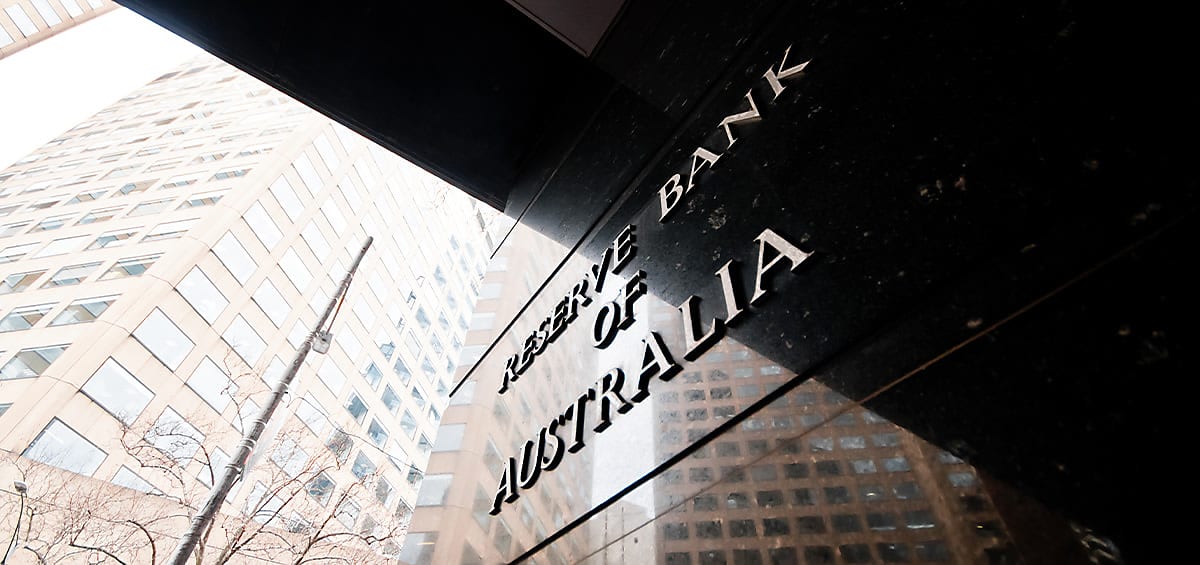RBA hands down November cash rate
After weeks of speculation, the Reserve Bank of Australia (RBA) has delivered its seventh cash rate decision for the year.

With the end of the calendar year fast approaching, the Reserve Bank of Australia (RBA) has chosen to hold the cash rate at 4.35 per cent, handing down the news on Tuesday, 5 November.
This decision to maintain the cash rate of the last 12 months was widely expected by forecasters and economists across the country.
REA Group senior economist, Eleanor Creagh, commented that the consumer price index for the September 2024 quarter confirmed that inflation was easing, but noted the movement was “not enough to shift the RBA’s policy stance”.
Even with headline inflation settling into the 2–3 per cent target, Creagh highlighted that “underlying price pressures and a resilient labour market make an interest rate cut this year unlikely”.
“Households remain under pressure with consumer sentiment subdued. Although employment growth has been strong and unemployment steady at 4.1 per cent in September, the labour market has softened over the last year,” Creagh said.
Despite the current weak economic growth in the country, the senior economist stressed that the RBA is “likely to remain on hold unless an external shock, higher unemployment or lower underlying inflation occurs, as it aims to sustainably return inflation to target”.
Creagh noted that slowing employment and inflation “may prompt rate cuts from February 2025”, but emphasised that the “resilient labour market and stickier components of inflation could delay this timeline”.
While Creagh noted that the “higher number of properties listed for sale and uncertainty around rate cuts may slow price growth”, she said that prices are still “expected to keep rising as the selling season closes out”.
LJ Hooker Group’s head of research, Mathew Tiller, shared his belief that the promising headline inflation figures had been overshadowed by “price pressures in services and housing”, which have caused the RBA to be “cautious about easing the cash rate”.
“Government energy rebates and lower fuel prices are temporarily masking core inflation, making a rate cut now unlikely until 2025,” said Tiller.
“While this isn’t good news for those struggling with home loan repayments, there is a lack of urgency for the RBA to take action as employment remains positive and people are still spending even with the strain on household budgets,” he said.
Despite the interest rate hold, Tiller emphasised that it is “unlikely to have any significant impact on the property market” in the lead-up to Christmas, noting that buyer demand has remained consistent amid rising stock levels and cost-of-living pressures.
Tiller anticipated “slight increase in listings” in the remaining months of the year as a result of mortgage holders who had been holding off now choosing to sell to improve cash flow, but stressed that “it won’t be a surge of stock”.
With only six weekends remaining before Christmas, Tiller said he expects the property market to remain busy until the end of the year, with some auctions to be held as late as 21 December.
